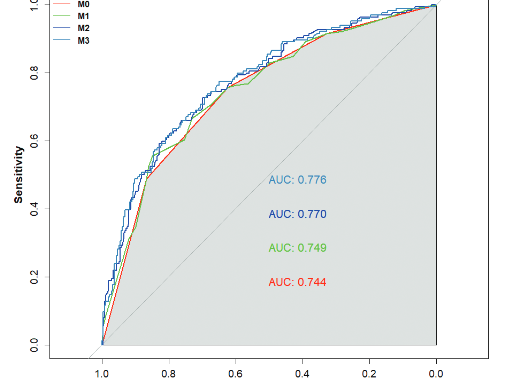
Ischemic stroke is one of the three types of stroke, also being the most common one. It is also referred to as brain ischemia or cerebral ischemia. Ischemic stroke occurs when some of the vessels supplying the brain is obstructed. Various risk factors are related to ischemic stroke, primarily the circulatory conditions, including arterial hypertension.
The group of researchers from Nanshan Center for Chronic Disease Control, Ningbo University, and Ningbo Medical Center Lihuili Hospital performed a study in patients with arterial hypertension. Their prospective cohort study found a positive association between hyperhomocysteinemia (HHcy) and ischemic stroke (IS) in a cohort of 5488 patients with hypertension.
Methylene tetrahydrofolate reductase (MTHFR) is an essential enzyme involved in Hcy metabolism. This study was designed specifically to elucidate the association between DNA methylation levels in the MTHFR promoter and the risk of IS.
The researchers recruited 164 patients with hypertension and IS (case group) and 345 age-matched and sex-matched patients with hypertension only (control group). Demographic and clinical information were obtained by using questionnaires and collected blood samples for biochemical analyses. Furthermore, fluorescence quantitative methylation-specific PCR (qMSP) was used to detect MTHFR promoter methylation levels. Logistic regression analysis and receiver operating characteristic (ROC) curve were performed to determine the relationship between environmental factors, MTHFR promoter methylation levels and IS risk.
The mean MTHFR methylation levels in the case group were significantly lower than those in the control group. MTHFR promoter methylation levels were also lower in patients with homocysteine (Hcy) plasma levels ≥15 umol/L (10.65 ± 4.05) than in those with Hcy levels <15 umol/L. Furthermore, the researchers found that particularly in men, MTHFR hypermethylation is a protective factor for IS.
These results, published in the journal BJBMS indicate that high levels of MTHFR promoter methylation are protective against IS in patients with hypertension and only sex and MTHFR promoter methylation levels showed interaction effects on IS. These data support the potential application of MTHFR promoter methylation status as a predictive biomarker for IS, pending future confirmatory studies.

Reference:
Editor: Edna Skopljak
Leave a Reply